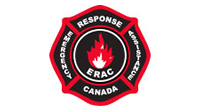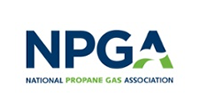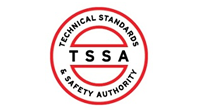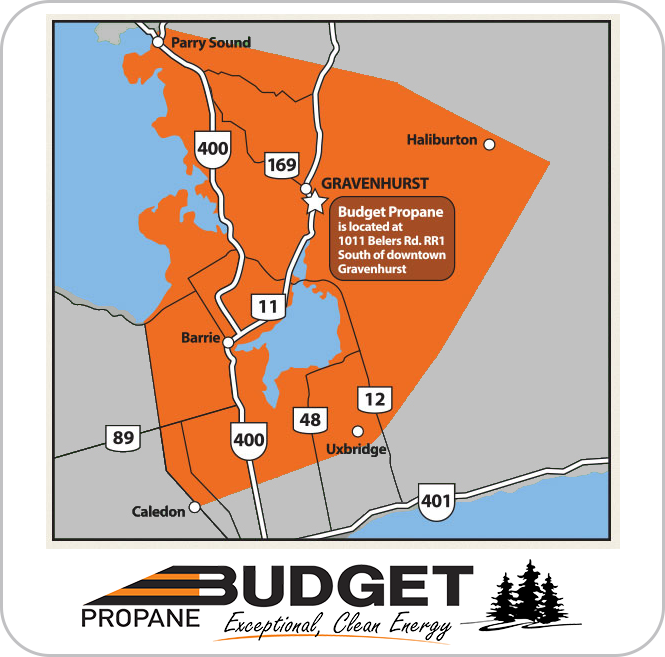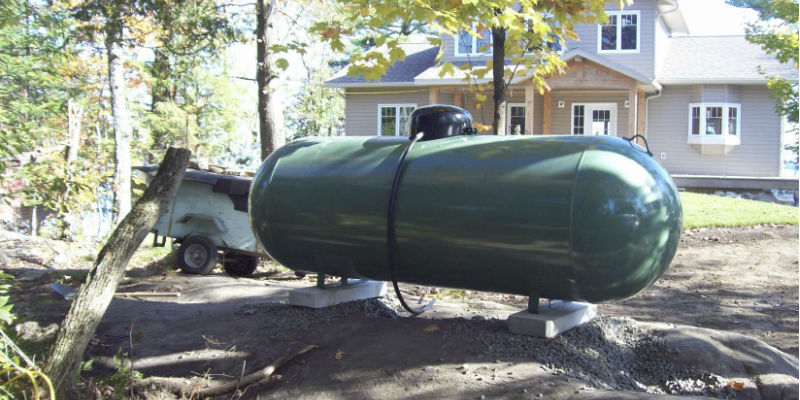
So you have probably read somewhere, or have perhaps been told, that propane and butane are both forms of LPG gas - but what exactly does that mean and what are the similarities and differences between the two?
Before we get into that, let’s first take a look at LPG and what it is. Liquefied petroleum gas (LPG) is a term widely used to describe a family of light hydrocarbon gases. The two most well known gases in this family are propane and butane.
Both of these gases have commercial and residential uses as well as similar qualities, this means people often get confused between the two. The gases can both be used as a fuel in heating, cooking, hot water, vehicles, refrigerants and much more.
What is propane and what is butane?
Propane, which comes from natural gas processing and oil refining, is a flammable hydrocarbon gas that is liquefied through pressurization. It is commonly used for heating and cooking, but can be used for a wide range of residential and commercial uses from home water heaters to powering a restaurant’s kitchen.
Meanwhile, butane is also a flammable hydrocarbon gas that comes from natural gas processing and oil refining. Butane on the other hand, is more commonly used as a fuel, propellant and refrigerant.
If they are so similar, why does it matter about their differences? Despite both having similar qualities, there are certain differences between propane and butane which could be either advantageous or disadvantageous depending on how you intend to use them.
What are the differences between the two?
When comparing propane and butane, the most important differences come down to the boiling point of the gases. Propane has a boiling temperature of -42°C, whilst butane has a higher boiling point at -2°C.
This means that propane will continue to vaporize and turn to gas in colder climates, which is perfect for the cold winters we get here in Ontario and for outdoor use. When stored as a liquid in a tank, propane also exerts a greater pressure than butane at the same temperature. This makes it more suitable for exterior storage and use.
Are there any similarities?
Propane and butane are both sourced in the same way and are members of the LPG family, and this means there are a number of similarities between the two gases - the most important of those is their environmental-friendliness.
While propane produces more heat than butane and is more efficient in combustion, butane has a characteristic that is also beneficial to the environment - it liquefies easily, making containment easy.
With both gases there are no long-term negative effects on the environment. Propane and butane are both safe, non-toxic, clean-burning fuels that are a great source of energy.
With a lower carbon content than oil, gasoline, diesel, kerosene and ethanol, propane and butane gas contain significantly less greenhouse gas emissions per productivity unit compared to other fuels.
Want to learn more about the environmentally-friendliness of propane? Read our recent blog titled ‘Can Propane Help me Live a Greener and More Environmentally-Friendly Lifestyle?’ or contact our team of experts today for more information.



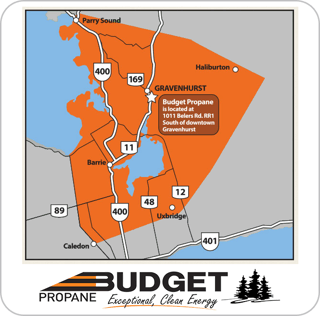







.png?width=250&height=110&name=Copy%20of%20Untitled%20(3).png)

